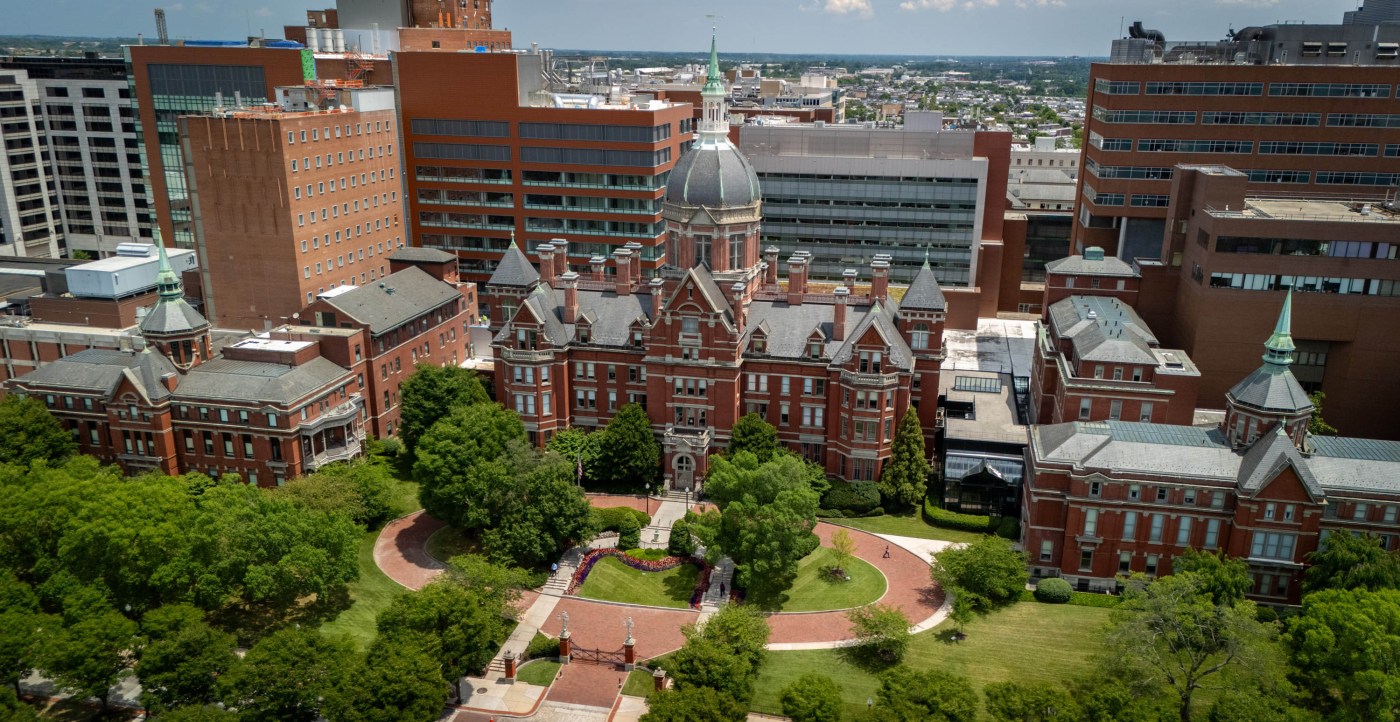
Pipes: Free tuition won’t fix shortage of doctors
Another medical school has gone tuition-free. Johns Hopkins University announced last month that it will waive tuition for all students from families earning less than $300,000 starting this fall, thanks to a $1 billion gift from former New York Mayor Michael Bloomberg.
Bloomberg hopes free tuition will enable more applicants from diverse backgrounds to pursue their dreams of becoming doctors — and help address America’s physician shortage in the process.
It’s a worthy goal. But our dearth of doctors is not a function of the cost of medical school. We’re short on physicians because there aren’t enough residency slots where they can complete their training.
More than 74 million Americans live in federally designated primary care shortage areas.
Consider that 20% of the U.S. population lives in rural areas, but only about 11% of doctors practice there. That could help explain why rural Americans suffer greater rates of chronic diseases than their urban counterparts.
The Association of American Medical Colleges predicts that we’ll need up to 86,000 more physicians by 2036 to meet the demands of our growing and aging population.
The problem stems, in part, from legislation that’s more than a quarter-century old. The Balanced Budget Act of 1997 capped federal funding for residencies. So the number of residency slots available to aspiring doctors was essentially stuck at 1996 levels for nearly three decades.
Congress increased funding to expand the number of residency slots in 2020 and 2022. But it hasn’t been enough to catch up to the growth in medical school enrollment. While there were just under 71,000 students pursuing M.D.s in 2004, there were nearly 98,000 in 2023.
This year, there were more than 44,800 doctors applying for just over 41,500 residency positions across the country. There’s plenty of demand for a medical school education. And yet, philanthropists are subsidizing that demand further with their gifts to medical schools. Bloomberg’s is only the latest.
In 2018, Kenneth and Elaine Langone started a $100 million endowment fund to ensure all current and future medical school students at New York University Grossman School of Medicine receive free tuition. Last year, they donated another $200 million to the NYU Grossman Long Island School of Medicine to provide free tuition for medical school students there, too.
Imagine if some of those millions had gone toward creating more residency positions.
The University of Nevada, Reno School of Medicine received a $500,000 donation from the E.L. Wiegand Foundation in late 2023. The money helped to establish a new pediatrics residency program, which will eventually train up to 12 providers. The school expects the program will increase the number of pediatricians in the surrounding area by at least 17%.
Philanthropists with an interest in supporting the next generation of physicians should not limit their ambitions to making medical school more affordable. Our nation’s residency infrastructure could benefit from their largesse, too.
Sally C. Pipes is president and CEO at the Pacific Research Institute./Tribune News Service


